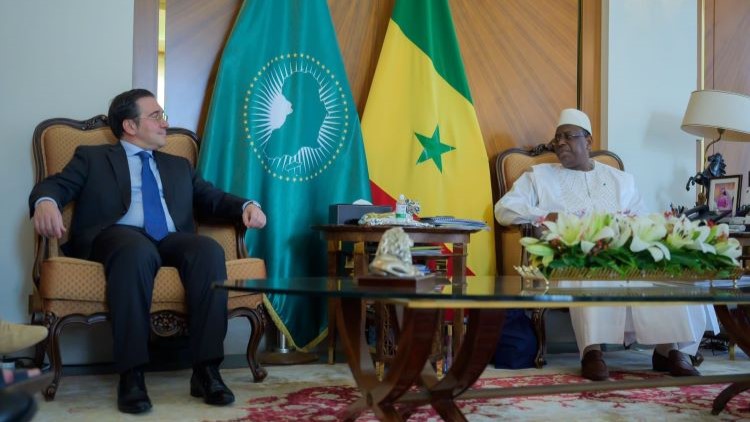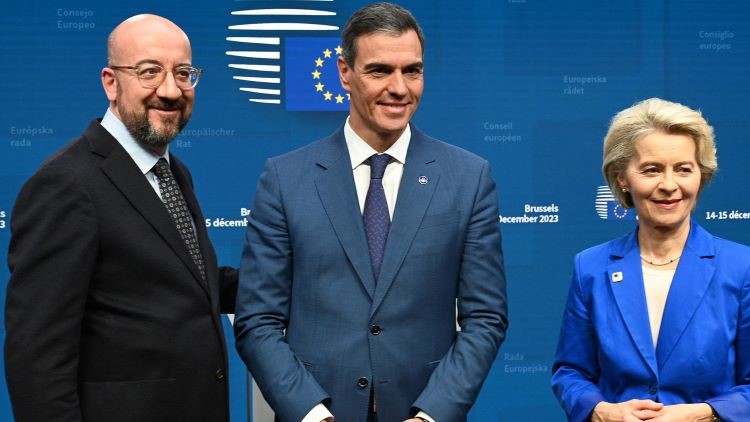Eduardo González
The Minister of Foreign Affairs, José Manuel Albares, yesterday addressed the fight against irregular migration and against the mafias that traffic people in Senegal and Mauritania, two of the countries of origin and transit of the current wave of cayucos to the Canary Islands.
Albares traveled to the two countries yesterday from Morocco, on his first official trip of the legislature, in which he was accompanied by the State Secretary for Foreign Affairs, Ángeles Moreno Bau. The visit in Dakar began with a meeting with his Senegalese counterpart, Ismaïla Madior Fall, after which he was received by the country’s president, Macky Sall.
After the two meetings, Albares assured the press that the two countries “agree on promoting orderly and regular migration” and are “taking steps in this direction.” “We want regular and orderly migration to become another instrument of the bilateral relationship,” he added.
Likewise, he stated that the two meetings have served to renew the “commitment” of Spain and Senegal “to the urgent need to fight against the mafias” and thanked Senegal for its efforts and its collaboration with Spain to confront “this scourge.” He also recalled the work of the members of the National Police and the Civil Guard stationed in the port of Dakar since 2006 to cooperate with their Senegalese colleagues in controlling the departures of canoes and “avoiding the tragic death of people who aspire to arrive in Spain.”
Nearly 36,400 migrants have arrived in the Canary Islands this year, according to data from December 12, a figure clearly higher than the almost 31,700 arrivals during the canoe crisis of 2006. A good part of these people leave in canoes from Senegal and Mauritania. , the two countries that Albares visited yesterday.
Before concluding his trip to Senegal, Albares visited the Civil Guard detachment in the port of Dakar (which has 33 troops). The Spanish contingent also has five national police officers, four boats, a helicopter and thirteen all-terrain vehicles for joint patrol work by land, sea and air, and, since last October 17, it has a CN-235 Guard plane. Civilian to patrol the coasts of Senegal and Mauritania. Likewise, the minister met with a group of Spanish aid workers, whom he thanked for “their magnificent work,” and visited the Spanish Chamber of Commerce in Senegal, where he gave a speech to Spanish businessmen living in the African country.
Next, José Manuel Albares moved to Mauritania, where he held “a fruitful meeting” with his counterpart, Mohamed Salem Ould Merzoug, with whom he reviewed bilateral, economic, cultural, cooperation and immigration relations and to whom he conveyed Spain’s support to the growing migratory pressure that the country suffers.
“All the Spanish people are aware of the work you do in collaboration with us,” declared Albares. Mauritania has gone through “a difficult time” this year in immigration matters, with “a very strong increase in departures to Spain, especially to the Canary Islands,” he continued. Mauritania, which is “the first to suffer this migratory pressure”, maintains “close cooperation” with Spain in the control of migration and has shown that it is an “exemplary partner”, he continued. “We want to support you and help you,” he assured.







